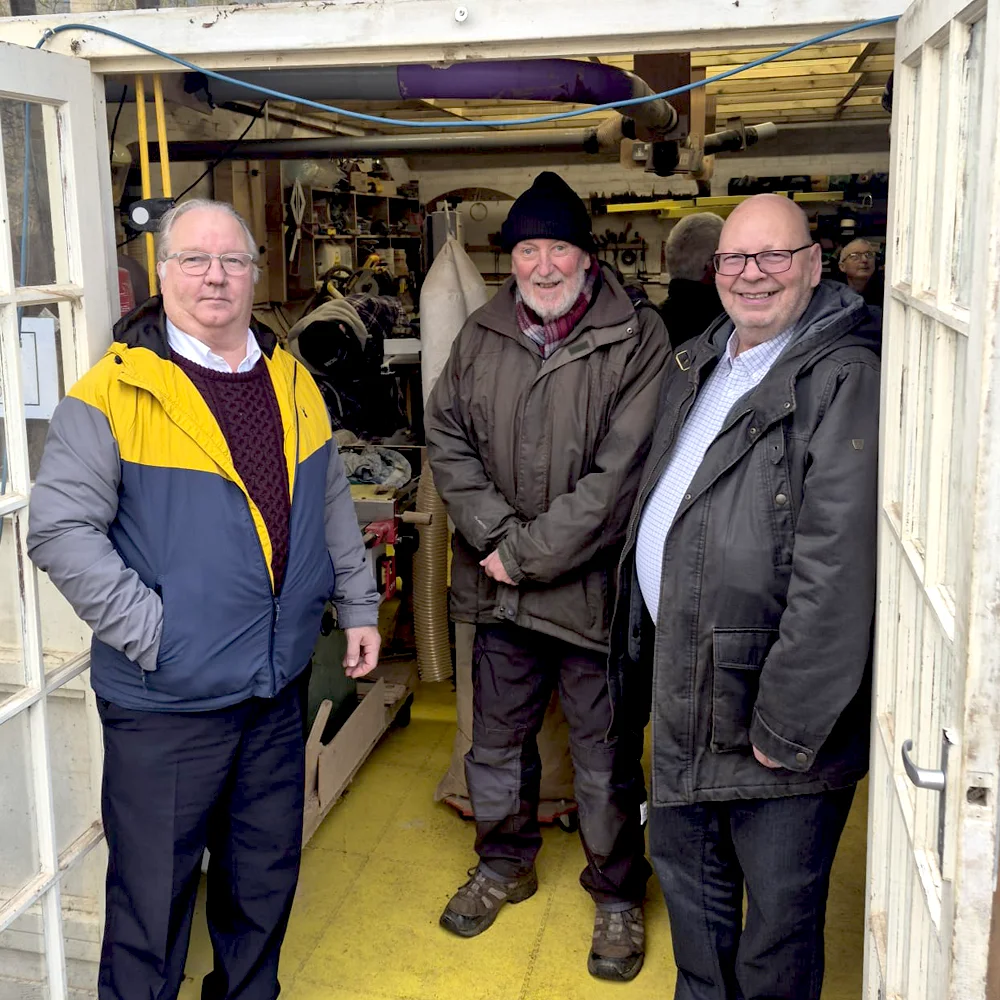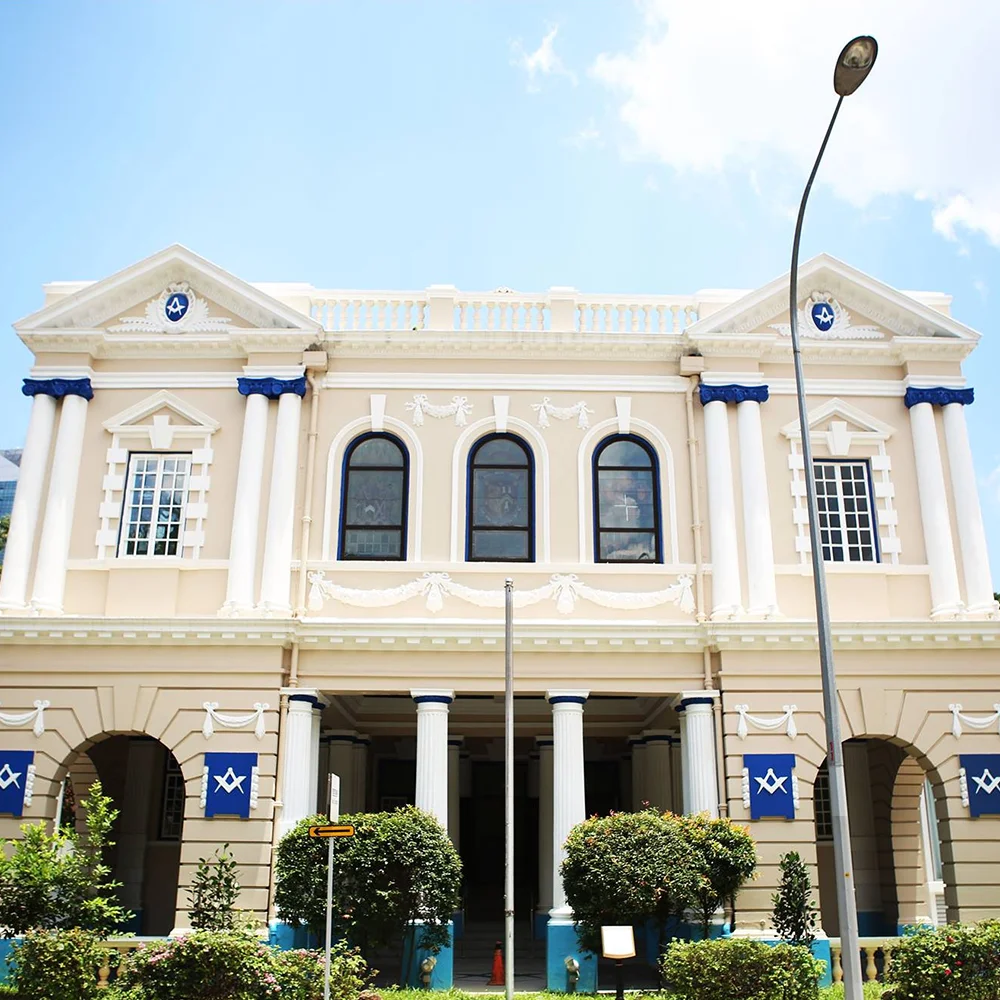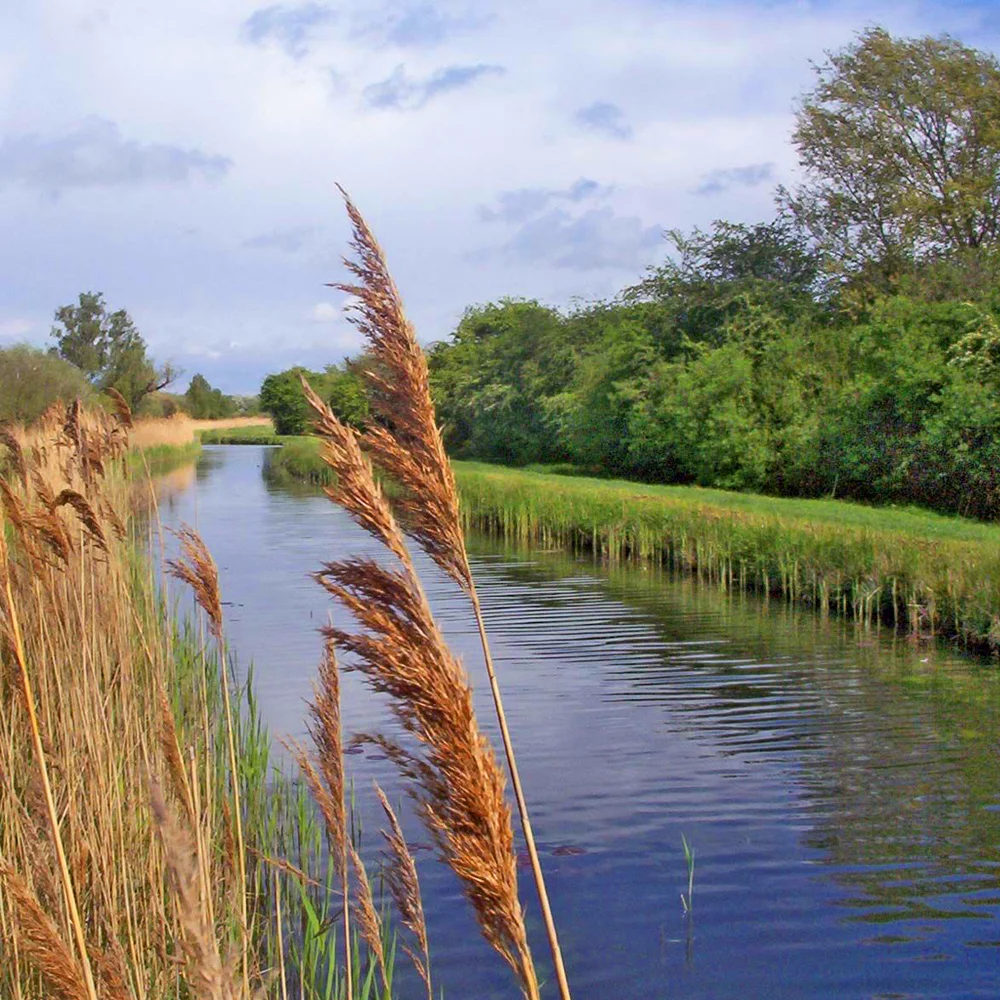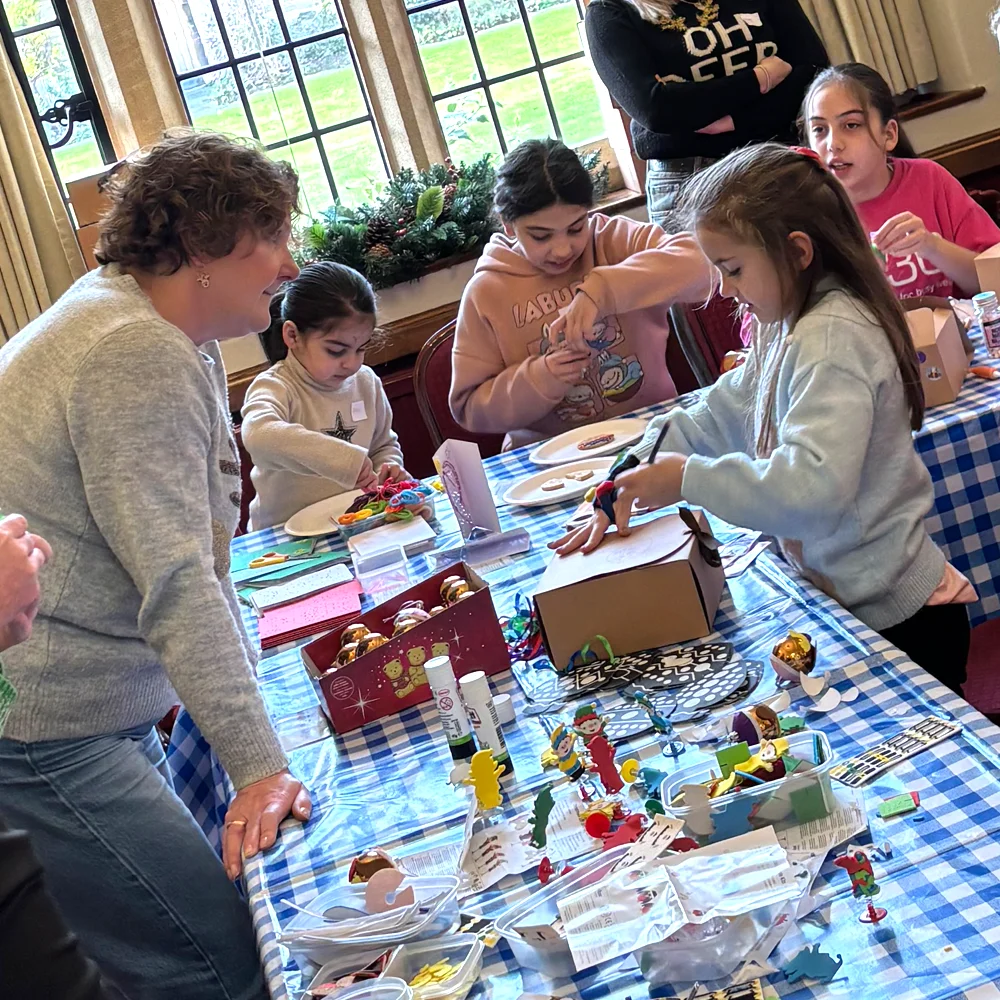
To celebrate the tercentenary of the 1723 Constitutions of Freemasonry, a year-long free exhibition opened on 9 January 2023 at the Museum of Freemasonry at UGLE, London. This will be accompanied by national and international events.
Under the banner of ‘1723 – Inventing the Future’, the exhibition at the Museum of Freemasonry features digital displays and items from the collections that have never previously been on public display.
Among them are a personal copy of the Constitutions belonging to the Duke of Montagu, the first noble Grand Master; the box that contained the Duke of Richmond’s miniature working tools; a maul purportedly belonging to Sir Christopher Wren; and a host of rare early and mid-18th-century items relating to Freemasonry and the Enlightenment.
Richard Berman, PhD, FRHistS, said: “The 1723 Constitutions was based on Enlightenment foundations, values that lie at the core of modern Freemasonry in England and internationally. The Constitutions set a pattern for Freemasonry throughout the world. Understanding the context helps to explain the origins of modern Freemasonry and sheds light on the relationship between Freemasonry and society today.”
In addition to the exhibition, a dedicated website at www.1723constitutions.com provides a comprehensive picture of the context, content and consequences of this remarkable book.
The website sets out Freemasonry’s principles and considers the people involved, not least that of French Protestant refugees, ‘Huguenots’, and explores the context and framework within which
their ideas were formed. It also discusses the impact of the 1723 Constitutions in England, Ireland and Scotland, and in Europe, North and South America, and elsewhere across the globe.
To commemorate the occasion, the United Grand Lodge of England is launching a unique series of podcasts on the 1723 Constitutions, with special episodes on subjects including the following: the Dukes of Montagu and Richmond; Black Freemasonry and Black Freemasons; Royal Freemasonry; and ‘Inventing the Future’.
Notes:
Website: https://www.1723constitutions.com/
ENDS
Contact:
Livia Ferreira, public relations manager, United Grand Lodge of England Email: lferreira@ugle.org.uk
Telephone: +44 (0)20 7395 9208 | Mobile: +44 (0)7539 578699
Michelle Worvell, director of communications and marketing, United Grand Lodge of England Email: mworvell@ugle.org.uk
Telephone: +44 (0)20 7395 9290 | Mobile: +44 (0)7538 512669
About the United Grand Lodge of England:
The Premier Grand Lodge, which became the United Grand Lodge of England, was founded at the Goose and Gridiron Pub in London in 1717. It has 48 Provinces across the country and more than 7,000 Lodges, with students over the age of 18 able to join one of the 85 University Scheme Lodges. Freemasons use four important guiding principles to help define their path through life: integrity, friendship, respect and charity. One of the oldest social and charitable organisations in the world, Freemasonry’s roots lie in the traditions of the medieval stonemasons who built our cathedrals and castles. Membership is open to people from all backgrounds and the organisation’s aim is to empower members to be the best they can be – it’s about building character, supporting members as individuals and helping them make a positive contribution to society. Freemasonry is one of the largest charitable givers in the country, contributing more than £51.1m to deserving causes in 2020 alone. Freemasons do not only donate money – more than 18.5 million hours of volunteer work were undertaken by Freemasons in 2018.



